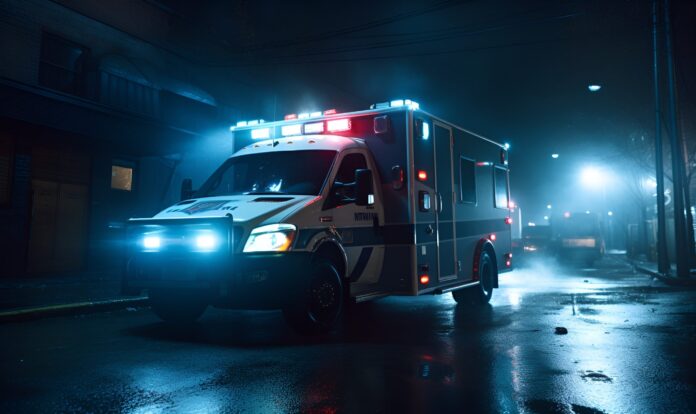Connected mobility uses smartphone and automotive tech to bring help
When an automobile accident happens, time is of the essence to save lives. It’s the same with any emergency. Connected Mobility is how emergency services are being modernized with new technology to provide assistance more quickly and accurately than ever before. The FCC started this ball rolling and is in the middle of requiring every wireless service provider to update their data and keep it accurate on an ongoing basis.
This is a big job, but it is one of the most important today. There are a growing number of companies in this important and expanding emergency services space.
Today, in a vehicle crash, flat tire, stall or any other problem on the road, mobility apps can immediately send an alert to bring help more quickly and accurately than ever before.
Some of this comes from advanced technology built into the car. Some of it comes from the smartphone or other wireless device you are using.
This connected mobility is the next step in emergency services we all increasingly depend on.
Apple uses satellite for iPhone to get help without a cell phone tower
Yesterday, emergency assistance was available to your home or office. Yesterday’s 9-1-1 database was location specific. It was based on the address your phone line was connected to.
Things have changed and are continuing to change. Today, the landline phone is being replaced by wireless smartphones like iPhone and Android for an increasing number of people.
In addition, new cars and smartphones are being loaded with connected mobility to let help find you faster and more accurately than ever before.
Apple has even started to use satellite communications on the iPhone so the user can reach out for emergency assistance when they are not connected to a cell phone tower.
Going forward, expect others like Android and automotive technology to jump into this satellite area as well.
In fact Elon Musk keeps launching satellites all the time with SpaceX.
Viiz uses Zenith and PSAP to provide emergency assistance
Companies like Viiz Communications provide network and emergency API to collect and transport mobility data quickly and securely to their emergency response agents. They triage what is needed and get the right type of support, as quickly as possible.
They use their Zenith network to expand the capacity to move vehicle data to live call center agents to coordinate the right response to both emergency and non-emergency conditions.
As soon as your mobility device senses a problem, Viiz collects and transports that data through the cloud to emergency response agents, who are trained to triage and determine appropriate emergency help.
They also are a player in the increasingly important space of PSAP Notification for Carrier Outages.
RapidSOS connects vehicles to 9-1-1 emergency services
RapidSOS is another company which helps connected vehicles linking incident data to 9-1-1 services. They report information like the automobile, orientation, VIN number, air-bag deployment, velocity and more to help determine the appropriate response.
There are an increasing number of players in this vibrant space.
Carmakers like Mercedes-Benz, Lexus, Ford, GM and more are also becoming players in this arena with new technology keeping the people in their car safer than ever before.
In fact, it seems like every year we see more cars with more connected mobile technology.
Carmakers like Mercedes-Benz, Lexus, Ford, GMC use connected mobility
Just like with your iPhone or Android, some of this newer automotive technology is upgradable automatically while driving around as long as you are connected to the cloud. However, other parts are not. It’s only upgradable when you buy a new car.
This is like with your iPhone and Android, some features can be upgraded over the cloud, while others cannot. Think of the iPhone satellite functionality mentioned earlier. You need to replace the iPhone to get this usage on your smartphone.
So, whether you are at home, in your office, out shopping, taking a walk or out for a drive, we all want to be within immediate reach of emergency services, so we can be protected with the safety and security.
This is an exciting area of innovation and growth of the wireless industry, and it is still in the early stages.

